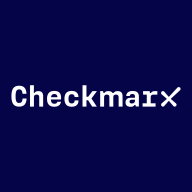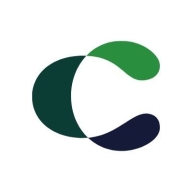

Find out in this report how the two Static Application Security Testing (SAST) solutions compare in terms of features, pricing, service and support, easy of deployment, and ROI.
| Product | Market Share (%) |
|---|---|
| Checkmarx SAST | 1.6% |
| Contrast Security Assess | 0.8% |
| Other | 97.6% |

| Company Size | Count |
|---|---|
| Small Business | 2 |
| Midsize Enterprise | 3 |
| Large Enterprise | 6 |
Checkmarx SAST provides advanced static application security testing by identifying vulnerabilities in source code. It's ideal for ISOs, security professionals, and developers striving to secure applications during development.
Checkmarx SAST is known for its powerful code scanning capabilities that integrate seamlessly into existing development environments. It supports a wide range of programming languages, which makes it applicable for diverse development projects. Some users suggest improvements in the scan performance speed and enhanced support in handling false positives to further optimize workflow efficiency.
What are the standout features of Checkmarx SAST?Implemented across various industries, Checkmarx SAST supports sectors like finance, healthcare, and technology with their stringent security requirements. By integrating seamlessly into existing workflows, it ensures that applications remain secure while not disrupting industry-specific processes.
Contrast Security is the world’s leading provider of security technology that enables software applications to protect themselves against cyberattacks, heralding the new era of self-protecting software. Contrast's patented deep security instrumentation is the breakthrough technology that enables highly accurate assessment and always-on protection of an entire application portfolio, without disruptive scanning or expensive security experts. Only Contrast has sensors that work actively inside applications to uncover vulnerabilities, prevent data breaches, and secure the entire enterprise from development, to operations, to production.
We monitor all Static Application Security Testing (SAST) reviews to prevent fraudulent reviews and keep review quality high. We do not post reviews by company employees or direct competitors. We validate each review for authenticity via cross-reference with LinkedIn, and personal follow-up with the reviewer when necessary.